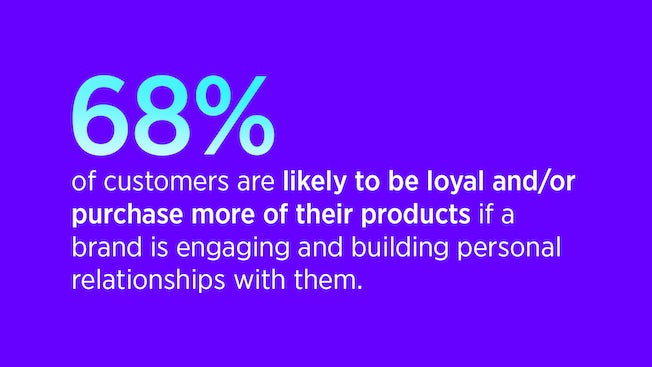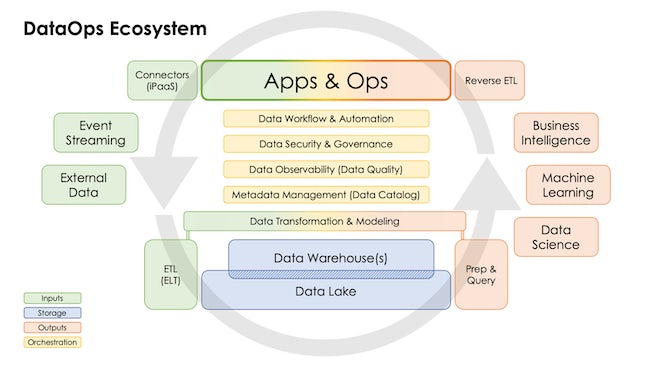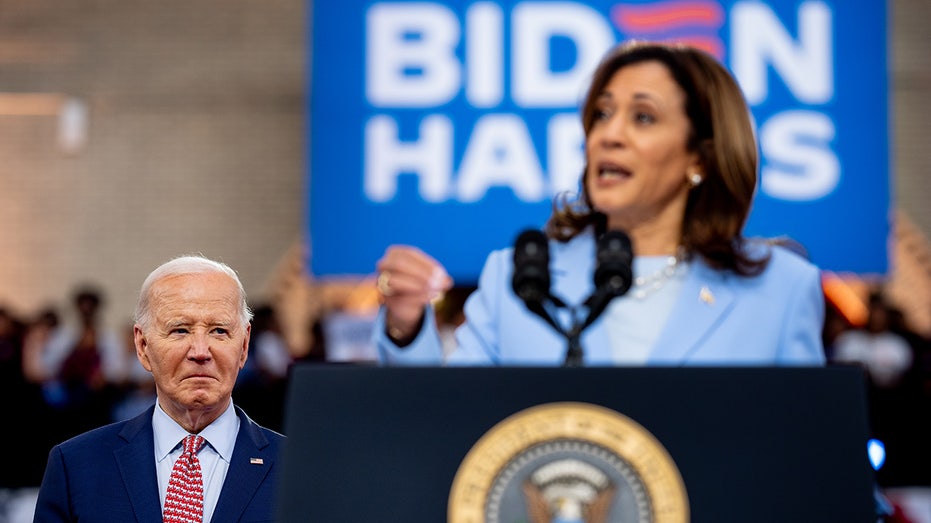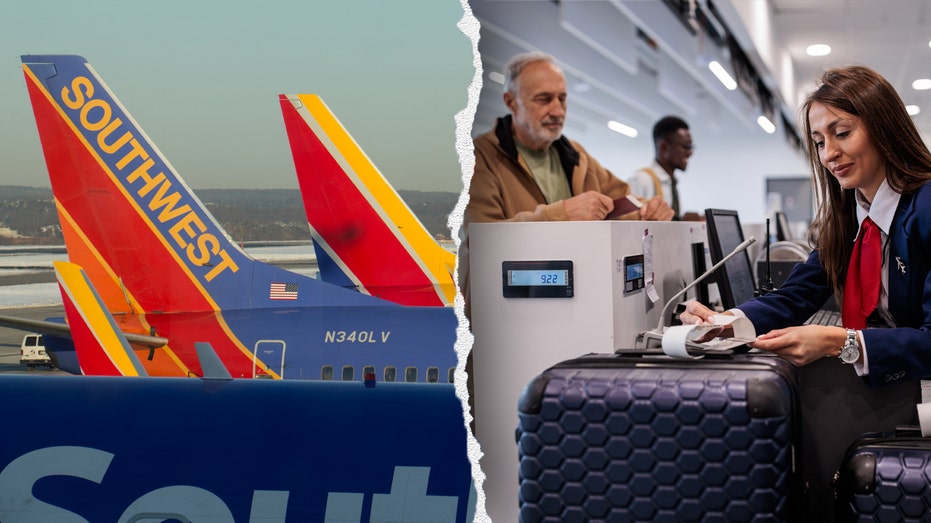- by econsultancy
- 27 Feb 2023
Getting data-driven marketing personalisation right
Getting data-driven marketing personalisation right
- by econsultancy
- 14 Feb 2023
- in marketing

In today's consumer landscape where loyalty is fluid, omnichannel is a reality, and behaviours have shifted, personalisation is no longer a nice to have for brands.
According to Movable Ink's Audience of One 2022 report, 61% of consumers said that they are more likely to make purchases from brands that personalise customer interactions. Moving beyond that immediate conversion driver, the research also showed a strong correlation between personalised communications and long-term customer loyalty with 68% saying they are likely to remain loyal to a brand if that brand is engaging and building a personal relationship with them.
The research surveyed 3,000 consumers based in the US, Canada, UK, and Ireland in April 2022 on a mission to find out what types of information helps consumers in their purchasing decisions and what leads them to disengage. Two factors critical to every brand's success in building the best possible customer experience.
Becki Francis, Movable Ink's Director of Retail Strategy, unveiled the report last month at Think Summit, London, the first-ever European edition of the premier digital marketing conference.
The common thread woven across each speaker's presentation, representing companies including Uber, Warner Bros. Discovery and Hotter Shoes, was the importance of getting data-driven personalisation right.
Alongside driving conversion and loyalty, Movable Ink's research found that nearly half of respondents (46%) said that personalisation actually builds trust in a brand.
Drilling down into these dynamics shows that customers who feel loyal to a brand will act on that brand affinity in a number of different ways. For example, loyalty is not always tied to purchasing, it can also take form in a voluntary information exchange, with 60% of customers surveyed saying they are willing to share more information about themselves with brands they feel loyal to.
So at a time when third-party data is on the way out and first- and zero-party data are more important than ever, encouraging customers to feel comfortable to proactively share their preferences is key. It is equally important for brands to prove value to customers by way of that data for a mutually beneficial 'data exchange'.
When it comes to motivations for unsubscribing, the research revealed several insights. Next to frequency, irrelevant content was the largest cause of unsubscribes with ~40% of respondents citing this concern. Consumers don't care what's on a brand's marketing calendar. They have the power to press mute when content is not relevant to them in their current journey, and they won't think twice about using that power.
Speaking at Think Summit, Warner Bros. Discovery's Pier Luigi Spagna, Vice President of Customer Marketing and Fredrik Salzedo, Director, Global MarTech & CRM outlined how the company found a way to personalise their content during the Winter Olympics.
In order to drive engagement and viewership, they leveraged the most effective marketing channel-email-to build highly curated, relevant and personalised experiences for their subscribers. Powered by Movable Ink, they created a bespoke, live "Medal Table" which could be used for their triggered daily round-up emails across 9 different countries in 8 languages to excite and delight Olympics fans in a hyper-localised way. By leveraging Movable Ink technology, they were able to generate 45 variations of the Medal Table from one single piece of code, highlighting the recipient's nation in the standings.
Similarly, one of the largest and most successful transatlantic tour operators leveraged Movable Ink to prioritise the health of travellers through sending 1:1 communications straight to their inboxes when they needed it the most.
From the beginning of the pandemic to now, they kept health and safety a top priority, always making sure their customers are well informed and have a worry-free experience, despite the unpredictability of recent times.
Their marketing team needed a way to send personalised communications to each of their customers, no matter where on the map they were travelling. This was crucial to providing relevant protocols and requirements for the customer's individual destination so they could plan their travels accordingly.
Movable Ink's web crop functionality helped them cut down on manual tasks in favour of automation. Most recent travel requirements were automatically pulled from their website and brought into the inbox saving them hundreds of hours in production time. Through this, they could also ensure that all information the customer receives is timely and relevant.
No matter how people engage or shop, survey respondents in the Audience of One report reaffirmed that personalised marketing messages are the best way to win their purchases and, most importantly, their loyalty. Furthermore, privacy and personalisation can indeed co-exist but brands must demonstrate clear value in exchange for data.
Finally, now more than ever, the consumer is in control. They have the power to unsubscribe or disengage. Adopting the right tech to facilitate a personalised user experience can be a brand's best ally. Personalisation has the power to make consumers' lives easier and ultimately give them time back by showing them only what is most relevant to them. But with great power comes greater responsibility; getting personalisation wrong can be detrimental. One in four consumers say that receiving inaccurate information would prompt them to unsubscribe, making it business-critical to get data-driven marketing personalisation right.
- by foxnews
- descember 09, 2016
Southwest flyers fire back over airline ending free checked bag policy: 'Nail in the coffin'
Southwest has customers sounding off after the airline announced an end to its checked bag policy, leading some flyers to say they'll "boycott" the airline.
read more





